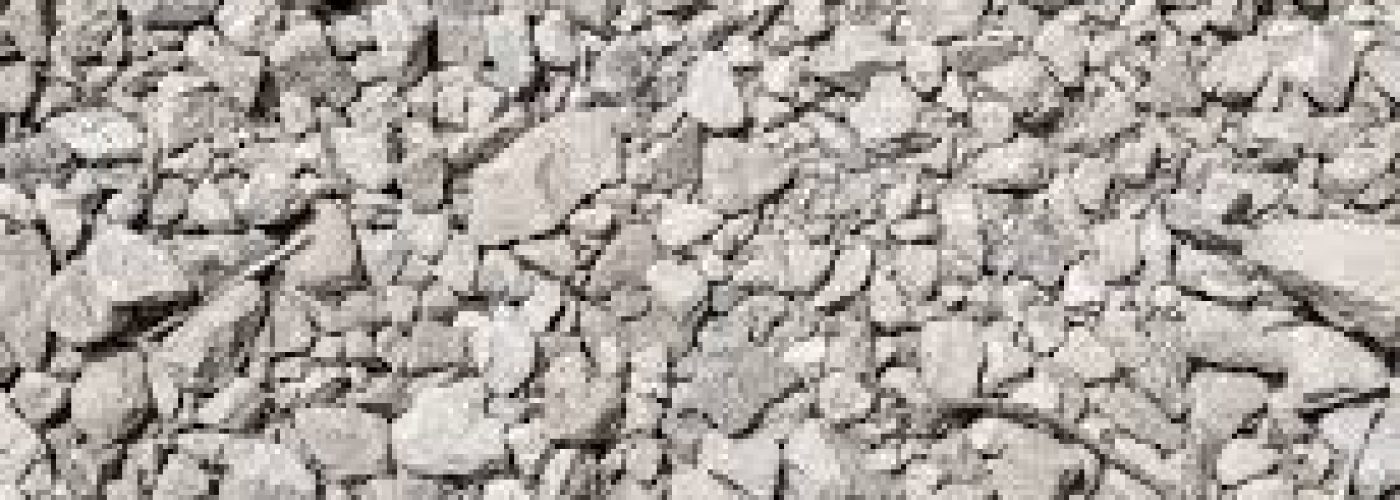Recycled aggregate is a simple concept that involves breaking, removing, and crushing existing concrete to use it again in a new building project. The recycled aggregate suppliers mostly use cement concrete and asphalt concrete which can be collected from roads, bridges, and sidewalks. Then it can be used in road construction, as a base for drainage structures, curbs, and gutters, bicycle paths, noise barriers, pavement shoulders, building revetments, generation of many by-products, median barriers, the base for building foundations, and other structures.
No matter the source, it has to be examined to determine if it has the right strength, composition, and durability to be a proper source. After that, the existing concrete always has to go through an exhaustive process of removal of contaminants through screening, air separation, and selective demolition. A conveyor belt with a magnet to remove the metal contamination may be used as well Then it will go to a crusher for a size reduction process and it is ready to go.
Characteristic of Recycled Aggregates
The grains of recycled aggregate tend to be irregular, rough with an angular shape, porous, and with a cracked surface but this will vary according to the type of crusher use and other processing procedures applied. It may also contain hydrated cement paste which can reduce the gravity and increase the porosity which leads to increased water absorption. Recycled aggregates typically show similar properties to conventional concrete and can meet the requirements of concrete performance, it can have a higher, identical, or lower strength in comparison to traditional aggregates. In some cases, recycled aggregates may be combined with virgin aggregates to create new concrete.
Benefits of Recycled Aggregates
The high demand for construction projects and urbanization at a fast rate represents a challenge for companies such as DTM Skips and Concrete that are looking for sustainable ways to meet the demands. Here are some of the advantages of using recycled aggregates.
- Using recycled aggregates is more cost-effective for construction companies than sending materials to landfill and having to pay landfill tax. It is also less expensive than virgin aggregates because it is cheaper to produce. If the sources are available locally that also reduces the cost of transporting the aggregates.
- It is environmentally friendly. When the concrete particles are crushed into small particles they absorb a huge amount of carbon dioxide which reduces the amount of CO2 in the air. It reduces the creation of virgin aggregate and therefore there is less use of natural resources. It also conserves energy and reduces the need for new landfills. It can address the issue of shortage of natural aggregates.
- Flexible to work with. Recycled aggregates can be used for different functions including roads, home renovation projects, landscaping projects, and general construction.
- Recycled aggregates have a long life span and are sturdy. The construction will be just as reliable as the traditional ones.
Disadvantages of Recycled Aggregates
- Increased water absorption capacity.
- Less workability of concrete in comparison to traditional aggregates.
- Lack of enough specifications and guidelines.





